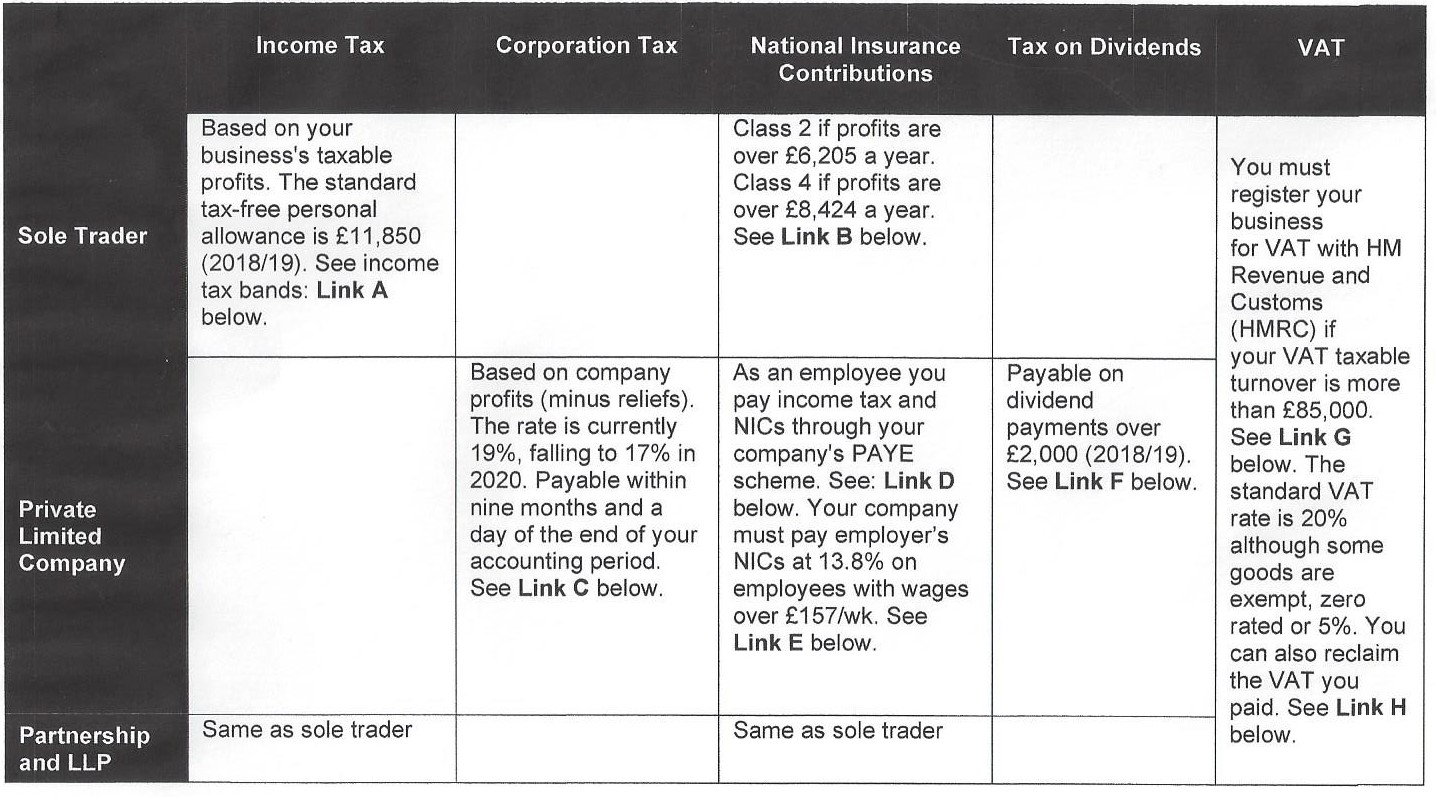14. Employing people
Most small business start-ups don’t employ people right away, they wait until they are so busy that they can no longer meet their customers’ expectations and don’t have the capacity to take on new clients. When you do decide to recruit, it’s important to understand what your options and legal requirements are first.
The GOV.UK website’s ‘Employing People’ section covers this topic thoroughly. Within the ‘Recruiting and Hiring’ section there is a subsection entitled ‘Employ Someone: step by step’, which covers the all steps required to take on employees, including checking that your business is ready to employ staff, recruitment (including checking whether they have the legal right to work in the UK and whether they needs a DBS check), workplace pension requirements, minimum wages and employee contracts, PAYE and what you need to report to the HMRC.
You should also visit the website of the Chartered Institute of Personnel and Development (CIPD), specifically the ‘Information for Small Businesses’ section, which covers the basic information employers need to know, as well as employee recruitment, development and management. Note: you need to register with CIPD to be able to access the information.
It is also worthwhile to consider outsourcing your HR needs. The CIPD explores the pros and cons of HR outsourcing while the Startups website says ‘As a small business, outsourcing your HR needs is usually best’.
Whether you manage your HR internally, outsource your payroll or use an HR consultant from time to time, much will depend on your requirements, budget and workload.



















